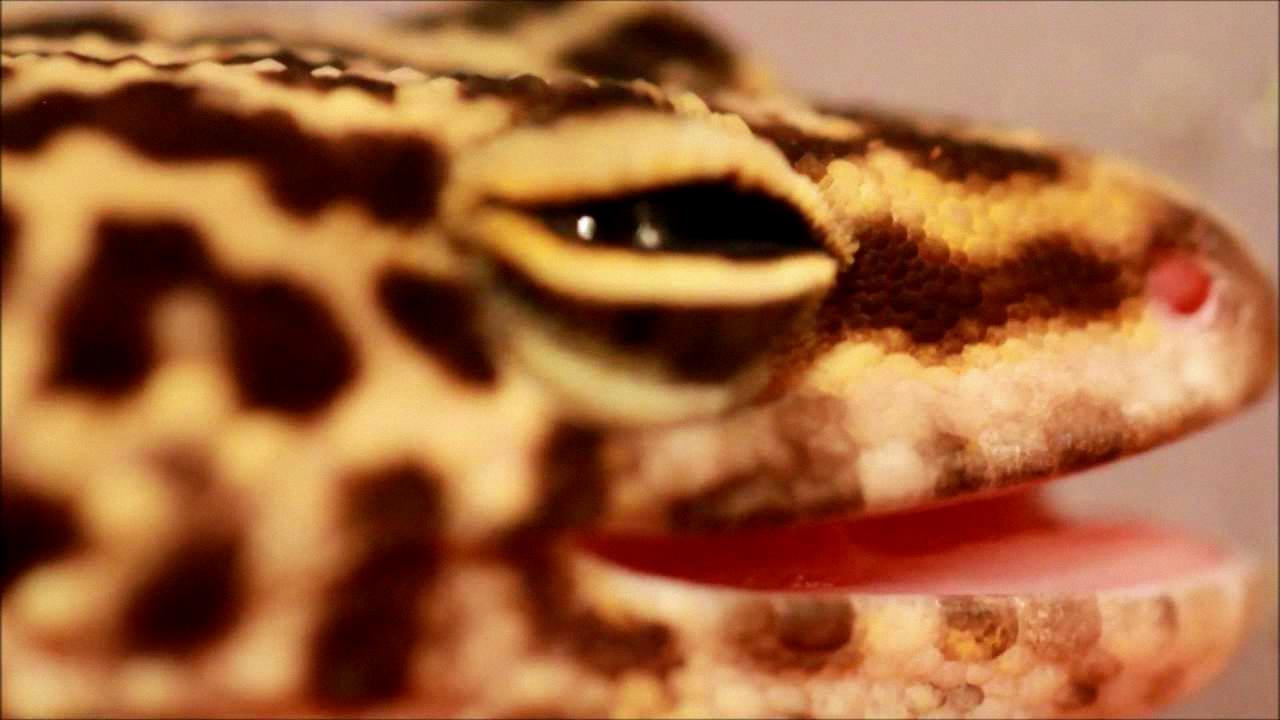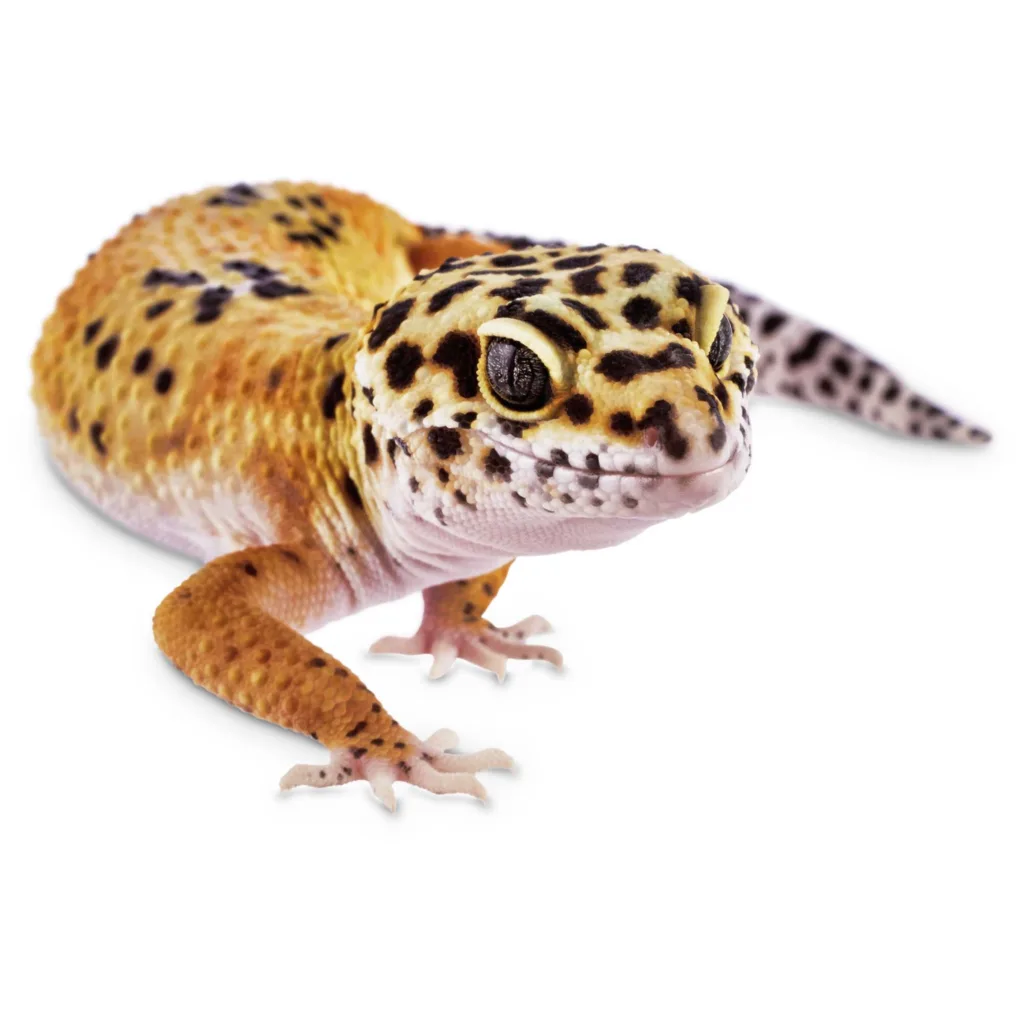If you’re a reptile enthusiast, you’ve probably heard of leopard geckos. These small lizards are a popular choice for both novice and experienced reptile owners due to their docile nature and unique appearance. One question that often comes up when discussing leopard geckos is whether or not they have teeth.
The short answer is yes, leopard geckos do have teeth. But before we dive into the specifics of their dental anatomy, let’s first take a closer look at these fascinating creatures.
Leopard geckos are native to the arid regions of Afghanistan, Pakistan, and parts of India. They are typically a yellowish or brownish color with dark spots or stripes, which gives them their distinctive leopard-like appearance. These lizards are nocturnal, meaning they are most active at night, and they primarily feed on insects such as crickets, mealworms, and waxworms.
Now, back to the question at hand. Do leopard geckos have teeth? The answer is a resounding yes. Leopard geckos have small, sharp teeth that are designed for grasping and crushing their prey. These teeth are located in their upper and lower jaws, and they are constantly beng replaced throughout the gecko’s life.
Despite having teeth, leopard gecko bites are not typically painful. In fact, you may not even feel it if a baby gecko bites you. Adult geckos may cause a slight pinch or sting, but they are unlikely to draw blood. It’s also worth noting that leopard geckos are not aggressive and are unlikely to bite unless they feel threatened or stressed.
While leopard geckos do have teeth, they are not particularly strong or powerful. Their teeth are much more effective for gripping and crushing their prey than for tearing or piercing. So, while it’s important to handle your gecko with care and respect, there’s no need to fear their dental anatomy.
Leopard geckos do have teeth, but they are not a cause for concern for most owners. These small, sharp teeth are designed for grasping and crushing their insect prey, and while they may cause a slight pinch or sting if a gecko bites you, they are unlikely to cause any serious harm. So, if you’re considering adding a leopard gecko to your collection, rest assured that their dental anatomy is not something to worry about.
Do Leopard Geckos Bite and Is It Painful?
Leopard gecko bites are not typically painful. If an adult leopard gecko bites you, you may feel a slight pinch or sting, but it is unlikely to be intense. Baby geckos, on the other hand, are even less likely to inflict pain if they bite you. In general, leopard geckos do not draw blood when they bite, and a trip to the doctor is not usually necessary. While it is always important to be cautious around any animal with teeth, it is good to know that leopard gecko bites are generally harmless and not cause for concern.

Source: youtube.com
The Effects of a Gecko Bite
If a gecko bites you, it is unlikely to cause any harm or pain. Geckos have small teeth that are not designed to penetrate human skin, so thir bites usually only leave a small scratch or mark. However, it is important to note that some species of geckos may carry bacteria in their mouths that could potentially cause a minor infection. Therefore, it is advisable to clean the affected area with soap and water and keep an eye on it for any signs of redness or inflammation. If you experience any unusual symptoms or concerns, it is always best to seek medical attention from a healthcare professional.
Do Leopard Geckos Have Sharp Teeth?
Yes, leopard geckos have sharp teeth. Their teeth have pointed tips, which makes them very effective for gripping their prey. However, it’s important to note that their teeth are also very small, so they are not designed for tearing or piercing. Instead, their teeth are more suited for holding onto their prey while they consume it. While their teeth may be sharp enouh to take down small insects and fend off predators, they are not a threat to humans or larger animals. Overall, leopard geckos’ teeth are an important part of their anatomy that helps them survive in the wild.
Do Leopard Geckos Possess Emotions?
Leopard geckos, like all living creatures, have emotions and feelings. While it’s difficult to know eactly what a reptile is feeling, we can observe their behavior and make educated guesses based on what we know about their natural instincts and behaviors.
For example, leopard geckos have been observed exhibiting behaviors that suggest they can experience stress, fear, and even pleasure. When threatened or frightened, they may exhibit defensive postures, such as puffing up their bodies, flattening themselves against the ground, or running away. They may also display aggressive behavior towards other animals, such as biting or tail shaking.
On the other hand, leopard geckos have also been observed engaging in behaviors that suggest they can experience pleasure or contentment. For example, they may bask in the sun, curl up in a cozy hide, or lick their lips after eating a tasty meal.
It’s important to note, however, that each individual leopard gecko is unique and may have its own personality and preferences. Some may be more social and enjoy interacting with their owners, while others may be more solitary and prefer to be left alone.
In summary, while we can’t know for sure what a leopard gecko is feeling, their behavior suggests that they are capable of experiencing a range of emotions, from fear and stress to pleasure and contentment. As responsible pet owners, it’s important to provide them with a safe and comfortable environment that takes their natural instincts and behaviors into account.

Conclusion
In conclusion, Leopard Geckos are fascinating reptiles that make great pets for reptile enthusiasts of all ages. They are easy to care for and have a docile temperament, making them ideal for handling and interaction. As we have discussed, Leopard Geckos have unique physical characteristics, such as their sticky toe pads and their ability to drop their tails as a defense mechanism. They are also capable of experiencing and expressing emotions, despte the common misconception that reptiles are emotionless. While their bites may not be painful, it is important to handle them gently and respect their natural instincts. Overall, Leopard Geckos are a wonderful addition to any reptile lover’s collection and provide endless opportunities for learning and discovery.
